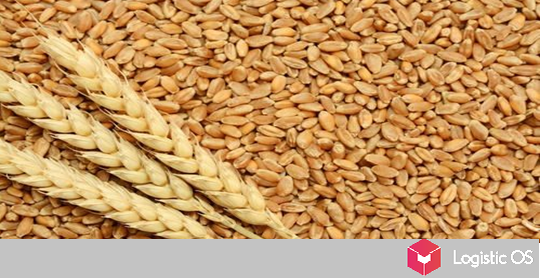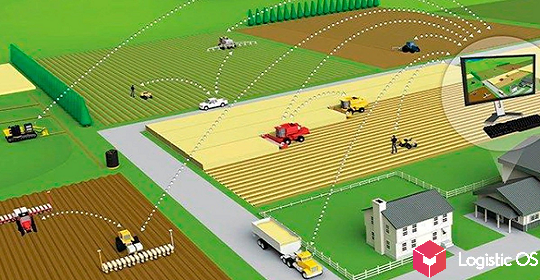German products contain substances prohibited for use in the EU.
True, such products are not used on its territory: they are exported. But this does not negate the fact that they contain substances that pollute the environment and can be harmful to human health.
Therefore, this practice should be banned, says German Minister of Agriculture Cem Ozdemir.
Currently, a regulation is being prepared that will ban the export of such products, in particular plant protection products, outside European countries.
Including — to the countries of the global South, for example, Brazil, where farmers are still actively using various agrochemicals to increase yields. It is planned that the ban will be ready by the end of this year.
As a result, a significant amount of products that contain even one substance from an extensive list of 160 items may turn out to be “outlawed”.
Manufacturers risk losing a significant share of their revenue.
For example, in 2021, 53 thousand tons of various agricultural chemicals were exported from Germany, and at least 8.5 thousand tons contained hazardous components.
Care or competition?
Despite the seeming concern for foreign consumers, the German department does not hide the fact that there are other factors that influenced the desire to pass such a law.
Including, increasing the competitiveness of German agricultural products.
After all, it is obvious that without fertilizers and agrochemicals — potentially dangerous or not — in those same countries of the global South, the harvest will be less. This means that it will be easier to sell German grain, and prices for it may rise.
Moment is the worst
No matter how good intentions the German Ministry of Agriculture hides behind, manufacturers of fertilizers and agrochemicals in Germany are now under the most severe pressure.
For example, the largest enterprise SKW Piesteritz simply closed its production, because today’s exorbitant gas prices make it unprofitable.
And that’s not all: the world-famous BASF concern in Ludwigshafen can also stop work for the same reason.
To keep production at least at some level, he needs to buy gas at least at the level of 50% of last year’s volume.
At the same time, the company consumes up to 4% of all gas in Germany and is at risk: it may be limited in supplies, even if the management does not give up the idea of acquiring it.
Thus, new bans that limit the ability to make a profit for producers of agrochemicals can now become not just a nuisance, but a blow that can put them on the brink of survival.

